David Stanley Pusser worked as a clerk until he was mobilised on 18 January 1940.
Lance Corporal Pusser was posted to the 181 Airlanding Field Ambulance Royal Army Medical Corps (RAMC), and in 1941 was part of a Section of 21 men moved to Scotland for training. The training was in preparation for Operating Biting, and included instruction in the use of Assault Landing Craft (ALC) and Landing Craft Support (LCS). In February 1942 the RAMC Section embarked on the MV Prins Albert and landed at Bruneval in ALC and LCS ships.
L/Cpl Pusser’s report stated: ‘No casualties dealt with. Took aboard about 20 paratroopers from the ALC3 and gave them tea. Some wrapped in blankets. Lance Corporal Pusser transferred with the paratroopers to an MGB (Motor Gun Boat) and remained fit throughout the journey. Seasickness occurred amongst the paratroopers after a meal of corned beef sandwiches, cocoa and rum. Lance Corporal Pusser sucked butterscotch and successfully treated cases of sickness with it. Chocolate ingestion also noted to precede sickness. He also suffered from cold wet feet and hands. These from wet woollen gloves. He also mentioned the necessity for a waterproof dressing haversack. Tea developed foul taste in the flasks, he suggests milk be added before ingestion.’ Taken from Red Berets and Red Crosses, by N Cherry.
After returning to the UK, L/Corporal Pusser attended a short Parachute Training Course number 17 between 7-12 July 1942, at RAF Ringway.
On 16 May 1943 Corporal Pusser embarked for North Africa, and arrived on 26 May on board the SS Stirling Castle to deal with some of the later casualties. Acting Sergeant Pusser remained in North Africa until November 1943.
On 26 January 1944, Staff Sergeant Pusser was attached to the 7th Battalion, King’s Own Scottish Borderers as medical Sergeant, and on 17 September 1944 emplaned for Arnhem.
On 19 September he was reported missing, having been made a Prisoner of War. He was held at Stalag 12A until May 1945.
By Rebecca Blackburn with information supplied by Niall Cherry.
Read More
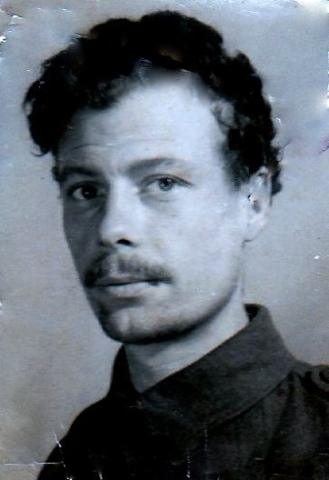
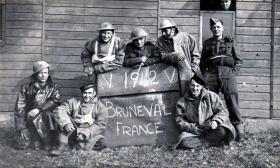
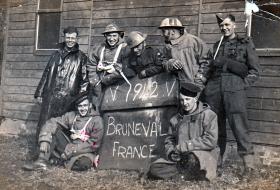
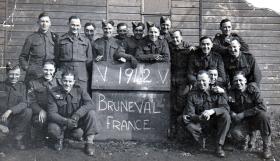
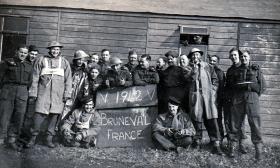
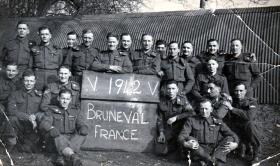
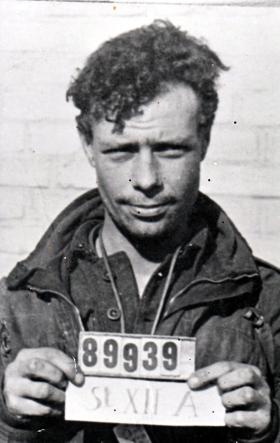

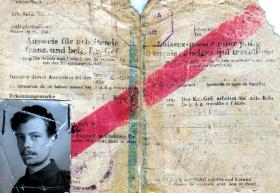
Latest Comments
There are currently no comments for this content.
Add Comment
In order to add comments you must be registered with ParaData.
If you are currently a ParaData member please login.
If you are not currently a ParaData member but wish to get involved please register.